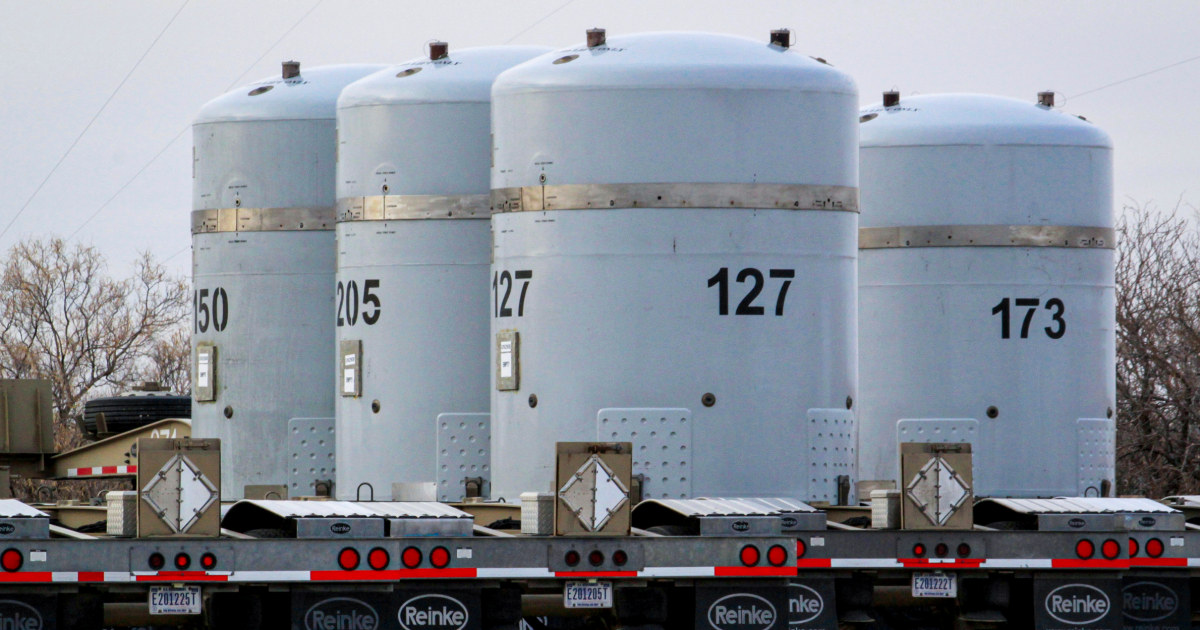Supreme Court to Decide on Nuclear Waste Storage Appeals Involving Texas and New Mexico
The Supreme Court hears arguments regarding the Nuclear Regulatory Commission's approval of nuclear waste storage facilities in Texas and New Mexico amidst state opposition.
Overview
The Supreme Court will hear a case about the Nuclear Regulatory Commission's authority to license nuclear waste storage facilities in Texas and New Mexico. The case follows a ruling by the 5th U.S. Circuit Court that found the NRC exceeded its authority. Texas and New Mexico have voiced objections, arguing environmental risks and lack of direct congressional authority for such licensing decisions. The Biden and Trump administrations back the NRC's authority, stating halting operations could adversely affect nuclear reactor function. A decision is anticipated by the end of June.
Content generated by AI—learn more or report issue.

Get both sides in 5 minutes with our daily newsletter.
Analysis
- The Supreme Court hears a significant case regarding the Nuclear Regulatory Commission's (NRC) authority over nuclear waste storage, balancing federal interests against state concerns about environmental impacts.
- Both Democratic and Republican leaders from Texas and New Mexico oppose the temporary storage facilities, highlighting a rare bipartisan agreement on the risks involved.
- The ruling may hinge on the extent of the NRC's regulatory powers, as the court assesses whether states forfeited their right to challenge the licensing process.
Articles (3)
Center (2)
FAQ
Texas and New Mexico oppose the facilities due to concerns about environmental risks, safety issues related to transporting nuclear waste, and the potential for these facilities to become permanent due to the lack of a long-term storage solution.
The Supreme Court's decision will significantly impact the nuclear industry, as a ruling against the NRC could halt plans for temporary storage facilities, potentially destabilizing the industry by forcing continued onsite storage at reactors. This could lead to increased costs and operational challenges.
History
- This story does not have any previous versions.
